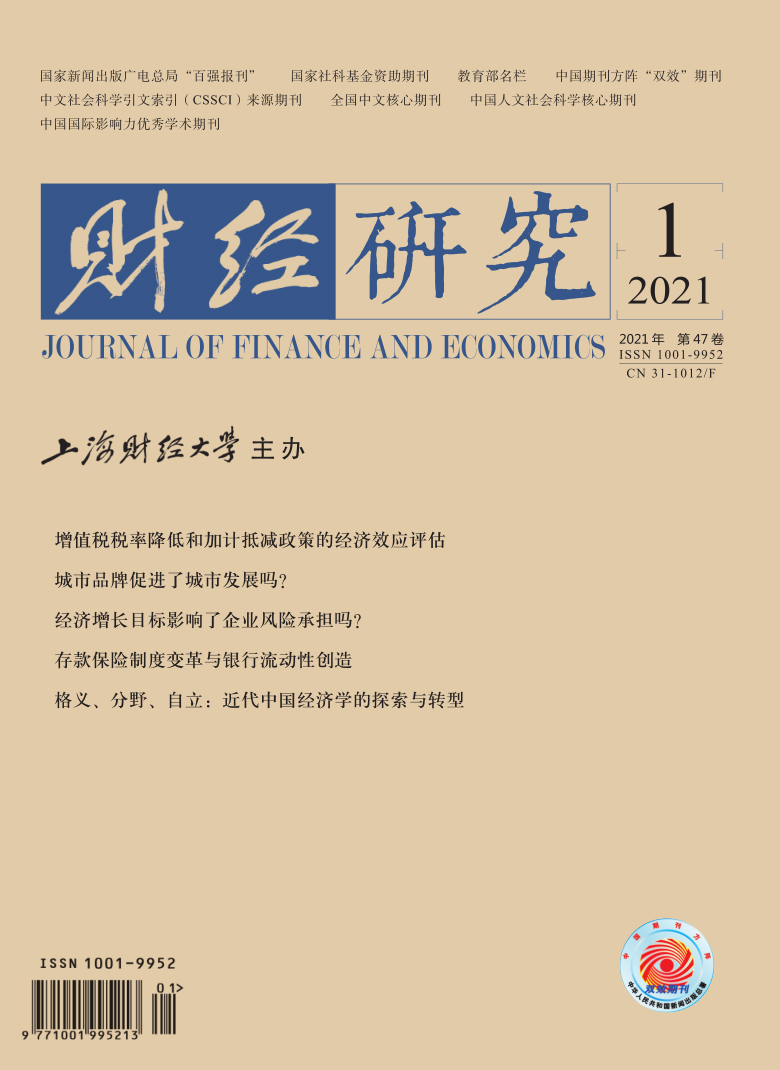Since the reform and opening up, migrant workers have made significant contributions to China’s economic growth, not only promoting the process of industrialization and urbanization, but also broadening the source of rural household income, which has become an important way to alleviate poverty. However, due to limited human capital and household registration discrimination, migrant workers are in a long-term disadvantaged position in the urban labor market, resulting in low income level. Therefore, it has theoretical significance and policy value to study how preliminary education and vocational training affect migrant workers’ income and income inequality.
The existing literature on the comparative study of preliminary education and vocational training is insufficient, and only focuses on one aspect of short-term or long-term, which cannot reveal their heterogeneous effects in different periods. In addition, the research on the impact of preliminary education and vocational training on income inequality is also insufficient. With the transformation of China’s main contradictions, income inequality is often more worthy of study than income itself. Based on the data of Rural Fixed Observation Points from 2011 to 2014, this paper studies the heterogeneous effects of basic education and vocational training on migrant workers’ income from the perspective of life cycle. Then, this paper analyzes the heterogeneity effects from the dimensions of employment mode, industry and location, and discusses how they affect the income inequality. The conclusions are that: (1)Compared with preliminary education, vocational training has a greater positive impact on the income of migrant workers, which is not only reflected in the short-term “immediate effect”, but also in the “long-term effect” based on the life cycle. Specifically speaking, migrant workers who have participated in vocational training can not only obtain 18.3% income increase in the early stage of entering the labor market, but also obtain 0.3% annual relative income increase compared with those without vocational training, while the corresponding values of basic education are 13.1% and 0.1%.(2)These effects are heterogeneous in different types of employment, industries and places of employment.(3)Basic education and vocational training can not only improve the income of migrant workers, but also reduce the income inequality in rural areas, and the effectiveness of vocational training is greater.
Based on the conclusion, this paper holds the points that we should take the issue of migrant workers’ income as a starting point to deepen economic reform, regard basic education and vocational training as two complementary methods, and take the types of employment, industry and place of employment as the three directions of policy refinement, so as to improve the level of migrant workers’ human capital and income, and promote high-quality economic and social development.






 8397
8397  7278
7278

